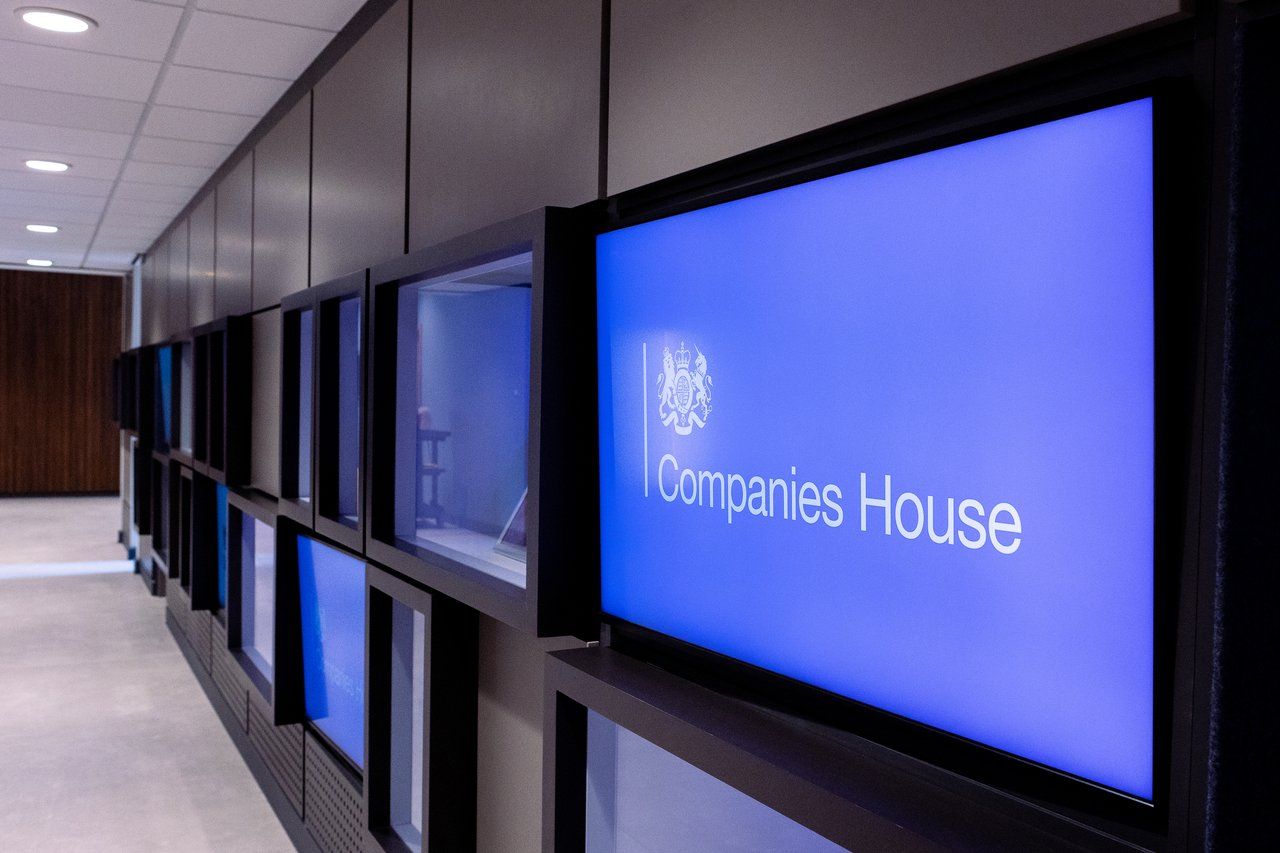Cross Border VAT after Brexit- are you prepared?
The UK will leave the EU VAT and Customs regime on the 31 December 2020 and this will involve some fundamental changes to the way UK businesses conduct trade within the EU.
Movements of goods to the EU
Currently, if a UK business supplies goods to another VAT registered business within the EU, then it can normally treat the supply as outside the scope of UK VAT under what is known as the “reverse charge” or “tax shift mechanism”. This means that the customer becomes responsible for accounting for any VAT due.
As from the 1st January 2021 these transactions will now become normal exports which means that, unless some form of dispensation is announced, goods moving into the EU will become subject to VAT at the point of entry into the EU Member State. This may have cash flow implications for both supplier and customer.
UK suppliers must also make sure that they have full official and commercial evidence of the removal of the goods from the UK, as set out in VAT Public Notice 703 on Exports.
Also, as supplies of goods into the EU from the UK will now become liable to import duty it is vital that UK suppliers correctly classify their goods under the Customs Tariffs to ensure that the correct rate of Duty is applied.
All UK suppliers supplying goods into the EU should have an EORI number and if not, they should apply to HMRC for one. UK suppliers will also need to make sure that all of their EU business customers have their own EORI number.
In addition, if you are currently supplying and delivering goods to private EU consumers, under the current “Distance Selling” rules you can charge UK VAT up until a certain threshold for each EU country, after which VAT registration in that EU country is normally required. As from the 1st January 2021 this threshold is being withdrawn.
To compensate for this the EU is introducing a “One Stop Shop” (“OSS”) VAT return system, which mirrors and extends the current “MOSS” VAT return for supplies of digital services in a number of ways. It will mean that suppliers of delivered goods to EU private consumers can account for VAT on a single EU VAT return, charging and accounting for VAT at the rate applicable in each EU country.
However, the use of the OSS scheme for supplies of delivered goods will require a UK supplier to register for VAT in a nominated EU Member State and all EU transactions can then be recorded through an OSS return in that EU Country. Supplies to UK consumers will continue to be accounted for on a UK VAT return.
UK suppliers who make supplies to EU consumers in these circumstances need to consider setting up an EU VAT registration well in advance.
In certain cases, where an on-line platform, marketplace or portal etc facilitates a supply of goods (or potentially) services to an EU consumer, then as from the 1st January 2021 a supply may be deemed to be made by a supplier to that facilitator and by the facilitator to the consumer. The supplier will treat their supply as B2B and not subject to UK VAT, and the facilitator will be the body liable to charge and account for VAT. Further information on this proposed change is awaited.
Where goods are held in stock in another EU country for supply to consumers VAT registration in that country is still likely to be required. Where a supply involves both the supply and installation of goods then VAT registration may also be required in that country.
Where a VAT registration is already in place in another EU country there may, from the 1st January 2021, be a requirement to appoint a Fiscal Representative in that country who will have joint and several liability for any VAT due in that EU country. The agent may require a cash deposit or bank guarantee which will obviously impact upon the cash flow of a UK supplier.
As from the 1st January the “low value consignment stock relief” is also being scrapped. This currently applies to supplies of goods at a value of 22 Euros or below and allows suppliers to supply low value goods to EU consumers without having to pay import VAT. The new rules will require a supplier to charge the VAT rate applicable in the country of destination. A new VAT declaration, an Import One Stop Shop (“IOSS”) will be required and an IOSS number will need to be obtained in one EU state. Alternatively, a supplier may elect to have any VAT payable upon import collected by the postal service, courier or agent and paid by the supplier to the VAT authorities on a monthly basis.
Supplies of services to EU customers
In most respects it is anticipated that the current rules will remain much as they are currently, whereby where a supply is B2B no UK VAT will be chargeable and where it is B2C UK VAT will be charged.
Services relating to land will continue to be taxed where that land is physically situated and admission to events will be taxed where the event takes place, and EU VAT registration will still be required in these cases.
In the case of “digital services” these are currently dealt with under the “MOSS” scheme. Under this scheme, a supply of digital services not exceeding 10,000 Euros in any calendar year can be made applying the standard rate of UK VAT. Where supplies exceed 10,000 Euros, then a UK supplier must either register for the MOSS scheme, and submit a MOSS return to the UK VAT authorities charging and accounting for VAT at the rate applicable in the customers country of residence, or must register for VAT in that EU country.
It is understood that whilst the MOSS scheme was due to be withdrawn with effect from the 1st January, the scheme will now continue until the 1st July 2021 and will then be substituted by the OSS referred to above.
Imports of goods from the EU
Mirroring the rules above, UK businesses acquiring goods from a supplier in the EU can no longer rely on using the “reverse charge” mechanism to pay VAT on the purchase of goods from the EU.
As from the 1st January 2021 the transactions become normal imports for VAT purposes. However, to avoid the potential cash flow impact this will have for UK businesses the UK Government is to introduce a Postponed Accounting Scheme for import VAT so that VAT does not have to be paid at the point of entry into the UK. VAT will be paid and claimed via a business’s UK VAT return.
There will also be no “low value consignment stock relief” as outlined above for imports of goods into the UK. Instead, if the value of the goods is 150 Euros or less, the seller will have to charge VAT according to the customer’s EU country of residence and complete an IOSS statement as outlined above.
All UK importers will require an EORI number.
Customs Duty may become payable on goods imported from the EU. It is again, therefore, important that goods are correctly classified for Customs Duty purposes and that you are familiar with Customs Duty declarations or have an agent who will complete these on your behalf.
Importers can currently register with HMRC for Simplified Import procedures and may now also wish to register with HMRC for Customs Freight Simplified Procedures and a Duty Deferment Account, details of which are on the HMRC website.
Imports of services from the EU
It is not envisaged that there will be any major changes in VAT treatment. Services must be accounted for under the “reverse charge” procedure.
Summary
Importers and Exporters need to be thinking now about how these changes will impact their business.
Some of the changes will involve cash flow issues and in some cases the cost of goods is likely to increase due to the imposition of Duty charges.
Some of the changes will fundamentally change the way businesses operate within the EU and potential changes to accounting and software systems.
We are inviting our key clients to engage us to conduct a VAT and Customs Duty review in readiness for the changes.
For further information please contact David Pegg at david.pegg@friendllp.com or call us on 0121 633 2000

The year’s best staged production? Critical Acclaim for Melting Pot Productions’ Paranormal Activity

Friend Partnership is a forward-thinking firm of Chartered Accountants, Business Advisers, Corporate Finance and Tax Specialists, based In The UK
Share this page:




